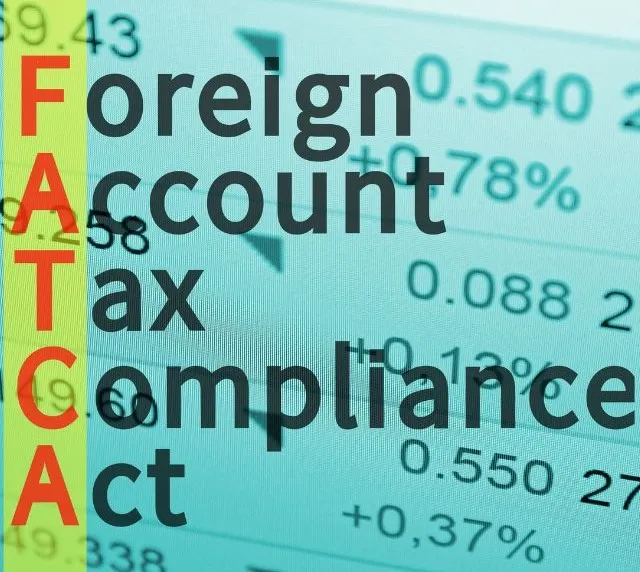
FATCA, or the Foreign Account Tax Compliance Act,
is a U.S. federal law enacted in 2010 aimed at combating tax evasion
by U.S. persons holding accounts and other financial assets
outside the United States. Here's a detailed overview:











FATCA represents a significant effort by the U.S. government
to ensure tax compliance among its citizens and residents with
foreign financial accounts. While it aims to reduce tax evasion,
it has also led to increased complexity and challenges for
both individuals and foreign institutions navigating its requirements.
Understanding FATCA is essential for U.S. taxpayers with international financial interests to avoid penalties and ensure compliance.


Our Experts always ready to work with you.